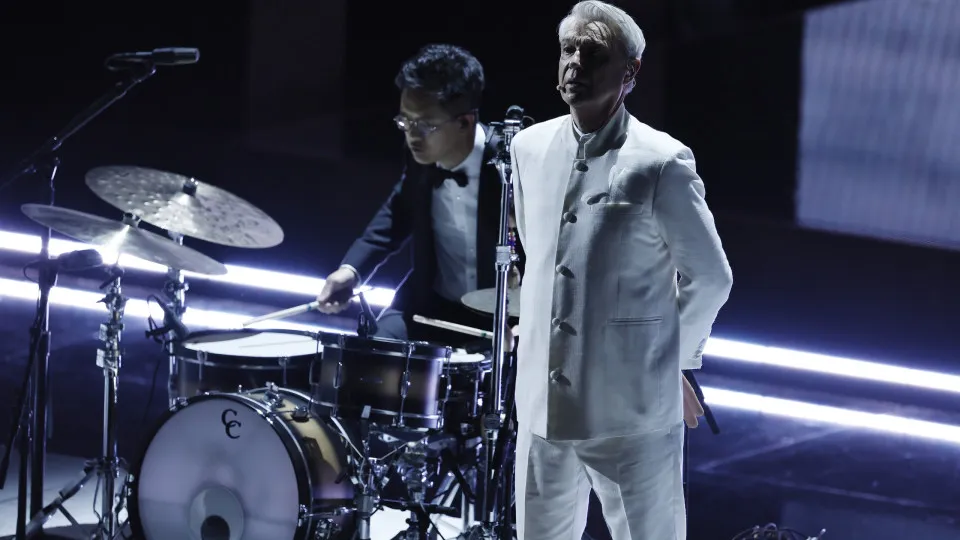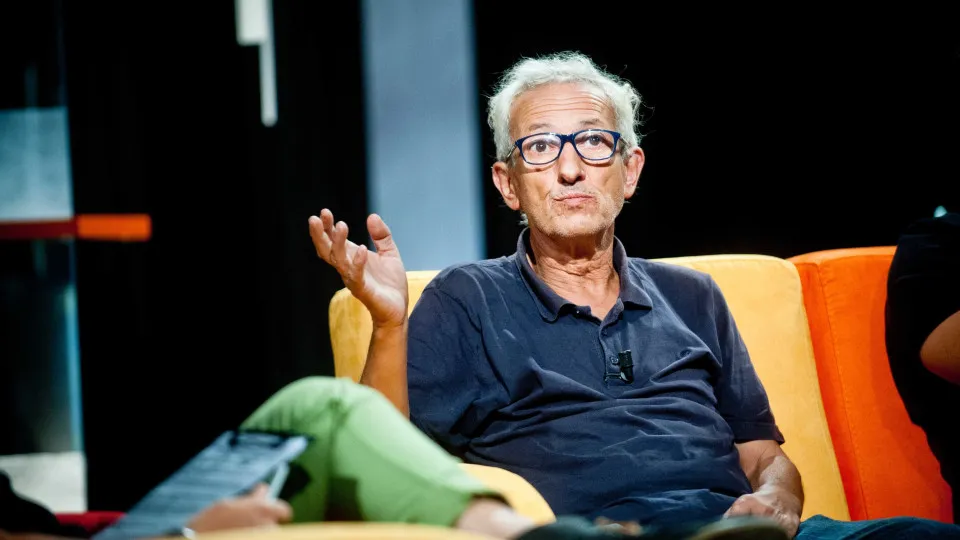
“Is someone a criminal for dressing differently or for transforming their body into a canvas with tattoos, piercings, gauges, or Botox? The answer is clear: no!
Diversity is the most beautiful face of humanity. We live in a plural world where skin color, language, and how we express ourselves through our bodies and attire are legitimate manifestations of the human condition — the richness of diversity!
Traditional costumes like the Scottish kilt, the Russian sarafan, the Indian sari, the Zulu dress of South Africa, the outfits of the Northeast Transmontano caretos, the Valongo bugios or the cardadores of Vale de Ílhavo, along with Polynesian tattoos or African tribe gauges, narrate a living history, faith, and cultural identity, or as St. Augustine put it, “Vestis sermo corporis” – Clothing is the language of the body. We embrace them with fascination when we cross the cosmopolitan avenues of Lisbon, Paris, London, or New York, where the world dresses in a thousand colors.
If that is the case — if it is natural to embrace the cultural and symbolic diversity of the world’s garments and experiences — why are the burqa or niqab viewed as a criminal threat, instead of just another manifestation of the enriching social fabric? Why will those who wear them be deemed CRIMINALS from now on?
Answer: If it is a matter of danger or insecurity, then there is no need for legislation, as the law already mandates showing one’s face for proper and complete identification, ensures no entrance into a bank with a covered face, requires one to reveal their face before a Judge for identification, or even demands uncovering when asked by any police officer!
Answer: If it is to protect women from the ruthless demands of their parents and/or husband, allowing them to freely assert themselves, then there is no need for legislation, as domestic violence is already a crime in Portugal; such a prohibition, if it restricts any freedom, will only increase it, confining women to the prison of their own home!
Answer: If it is a cultural issue, then there is no need for legislation, because a burqa does not offend my culture; it is simply apparel from a different culture than mine!
The Constitution of the Portuguese Republic proclaims in its article 1 that Portugal is a sovereign Republic based on the dignity of the Human Person. Dignity means autonomy, freedom of conscience, the right to be different — not enforced uniformity! Article 41 enshrines religious freedom as inviolable and article 13 ensures equality without discrimination on religious grounds. Thus, a law criminalizing the burqa represents an unjustified limitation of both rights: it violates the freedom to manifest faith and disproportionately affects a minority religious group — Muslim women.
It is true that no fundamental right is absolute: security is also a constitutionally protected value. Therefore, the freedom to dress according to faith can and should yield to the legitimate need for identification by police, border, or judicial authorities. In such cases, the duty to uncover the face is necessary, appropriate, and proportionate — as provided by Article 18 of the CRP. But turning this exception into the rule would betray the spirit of religious freedom decreed in Article 41. The rule should be one of tolerance and peaceful coexistence with those who are legally in Portugal!
If they should or should not be here — if we want to discuss the regime for entry and stay of foreigners in Portugal — that is a separate upstream discussion, distinct from the one currently at hand! But once they are here lawfully and regularly, it does not seem fair, nor adequate, much less reasonable to prohibit them from wearing a burqa, krakowiak, or a kilt.
Freedom of conscience and worship — inviolable in Portugal (Article 41 CRP) — does not reside only in the secrecy of consciences, the privacy of our homes, but also manifests in public space, in gestures, symbols, and attire. The State, being aconfessional, should not align with a particular religion, nor serve as an instrument for any Church. It should also not adopt an anti-clerical stance or hostility toward any cult! As Jorge Miranda, “the father of the Constitution” points out, religious freedom has a negative aspect (pati) or tolerance — whereby the State does not impose or prohibit anyone from practicing a particular religion — and also a positive aspect (facere) where the State “allows and facilitates for followers of a religion to fulfill their duties regarding family worship or education.”
Attire, when chosen by personal conviction, is part of this freedom. Prohibiting the burqa would eliminate the right to self-determination recognized by the Constitution for all; it would deny the opportunity to align one’s life and freedom of expression with their beliefs and to express their religious faith publicly. In this same vein, a Legislator might tomorrow decide to ban processions and public demonstrations of faith in our villages and cities…
Accepting the difference is to take the other as a SUBJECT, not as a SUSPECT!
Portugal, a nation of open seas and meetings of peoples, cannot renounce its universalist vocation. We were pioneers in cultural dialogue, and being Portuguese has, since the Discoveries, meant the ability to view others with curiosity and respect. This is how we have learned the value of pluralism, and it is how we must continue: faithful to our history, to our Constitution and to the idea that freedom is measured by the courage to protect what is different!
I am neither a woman nor Muslim and have no particular sympathy for the use of the burqa or niqab but, like Voltaire, I declare: “I may not agree with what you say [or wear], but I will defend to the death your right to say [or wear] it.”
*By the author’s exclusive choice, the text was written in Portuguese from Portugal, in accordance with the Spelling Agreement prior to the 1990 Agreement.




